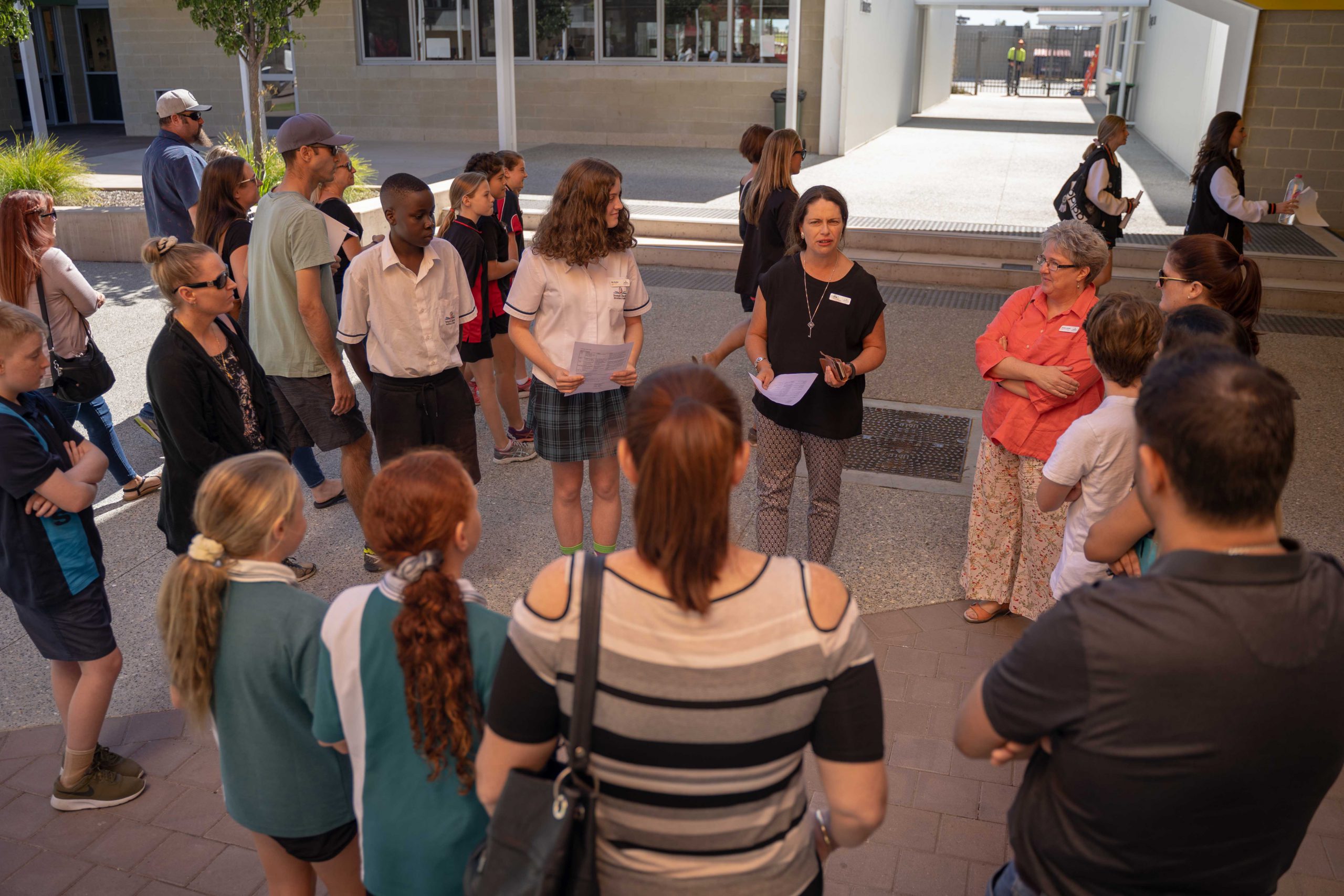Psychology (General)
Course Code: GEPSY/GTPSY
Domain: Science
Timetable: Semester 1 and 2
Length of Course: 2 Years
Unit Information
Psychology is the scientific study of how people think, feel and act. It aims to answer important questions
such as what factors influence human development. While there are other disciplines that overlap with
psychology’s main aim to understand humans, psychology is rigorous in its use of scientific method. This
allows for systematic exploration into the complexities of human behaviour based on evidence gathered
through planned investigations.
This course introduces students to a breadth of knowledge focusing on the psychology of self and others.
Psychological knowledge helps us understand factors relating to individuals, such as: cognition, or the way
we think; biological bases of behaviour; and personality, the enduring traits that distinguish individuals.
Psychological knowledge also helps us understand the way that individuals function within groups. This
consists of knowledge associated with socialisation, moral development, the formation of attitudes and also
how people relate and communicate. On a larger scale, psychological knowledge can help us to understand
how individuals function within different contexts and how this is influenced by culture, shaping people’s
values, attitudes and beliefs.
Psychology is very useful, both to individuals assisting us to improve ourselves and our relationships, and to
society as a whole. It can be applied to any context in which humans are involved. Through this course,
students gain valuable insights and understandings into both themselves and their worlds. Methods of
communication studied enhance personal communication skills, both within the field of psychology and in
the context of daily life. Students also develop important research skills as they engage in the exploration
and evaluation of data to illustrate how empirical procedures are used to examine phenomena such as
intelligence and personality.
This course is designed to integrate the understanding of scientific principles, the acquisition of psychological
knowledge and the application of both in an enjoyable and contemporary way. The study of psychology is
highly relevant to further studies in the health professions; education, human resources, social sciences,
sales, media and marketing and management.
Year 11
Unit One
This unit provides a general introduction to personality and intelligence and seeks to explain how individuals
are influenced by their surroundings. Students explore a number of influential theories used to describe
and/or explain personality such as Freud’s psychodynamic approach and Eysenck’s trait theory. A range of
intelligence theories are reviewed and cultural influences with respect to intelligence testing and
child-rearing are examined. Beyond the individual, the impact of others on behaviour is a key focus. Students
examine different agents of socialisation, focusing on the impact of parenting style on behaviour. Types of
communication and the role of verbal and non-verbal communication in initiating, maintaining and
regulating relationships are studied. Students are introduced to qualitative and quantitative methods of data
collection and explore fundamental ethical considerations in research including informed consent and
voluntary participation.
Unit Two
This unit introduces students to the human brain, focusing on the major parts. Students explore the impact
of factors influencing behaviour, emotion and thought, including heredity, hormones, physical activity and
psychoactive drugs. The scientific study of development is an important component of psychology. Students
review physical, cognitive, social and emotional development and the role of nature and nurture. Erikson’s
stages of psychosocial development are examined as students learn about the impact of external factors on
personality development. Students examine the impact of group size on behaviour and look at the influence
of culture in shaping attitudes towards issues such as mental illness and disability. Students interpret
descriptive data such as mean and range. They use this data to create tables, graphs and diagrams and draw
conclusions using patterns observed in the data.
Year 12
Unit Three
This unit expands on personality theories studied in Unit 1 by introducing students to important theorists
including Bandura, Pavlov and Skinner. Students apply knowledge and understandings to explore how
personality can shape motivation and performance. An analysis of the use of personality testing by
organisations is undertaken. Students are introduced to different states of consciousness and the role of
sensation, perception and attention in organising and interpreting information. Factors which determine
friendships and conflict resolution are explored. Students expand on their knowledge of ethics in
psychological research by examining the role of deception in experiments. Key terminology, such as sample
and populations, are defined and an understanding of experimental and control groups is acquired.
Unit Four
In this unit, the functions of the four lobes of the cerebral cortex are examined. Brain scanning techniques
and relevant case studies are used to illustrate the link between the brain and behaviour. In developmental
psychology, students learn about Piaget’s theory of cognitive development and Kohlberg’s theory of moral
development. Group behaviours, including conformity, group polarisation and the bystander effect, are
studied. The causes of prejudice and ways of reducing prejudice are explored. Students continue to develop
and apply their understanding of psychological research and data collection methods.
Pathway Information
Tertiary
Workforce
Students undertaking this course may wish to consider tertiary studies in:
- Psychology
- Sciences
This course suits direct workforce entry into the following:
- Counselling
- Education Assistant
Additional Information
Estimated Charges: $70 per year



